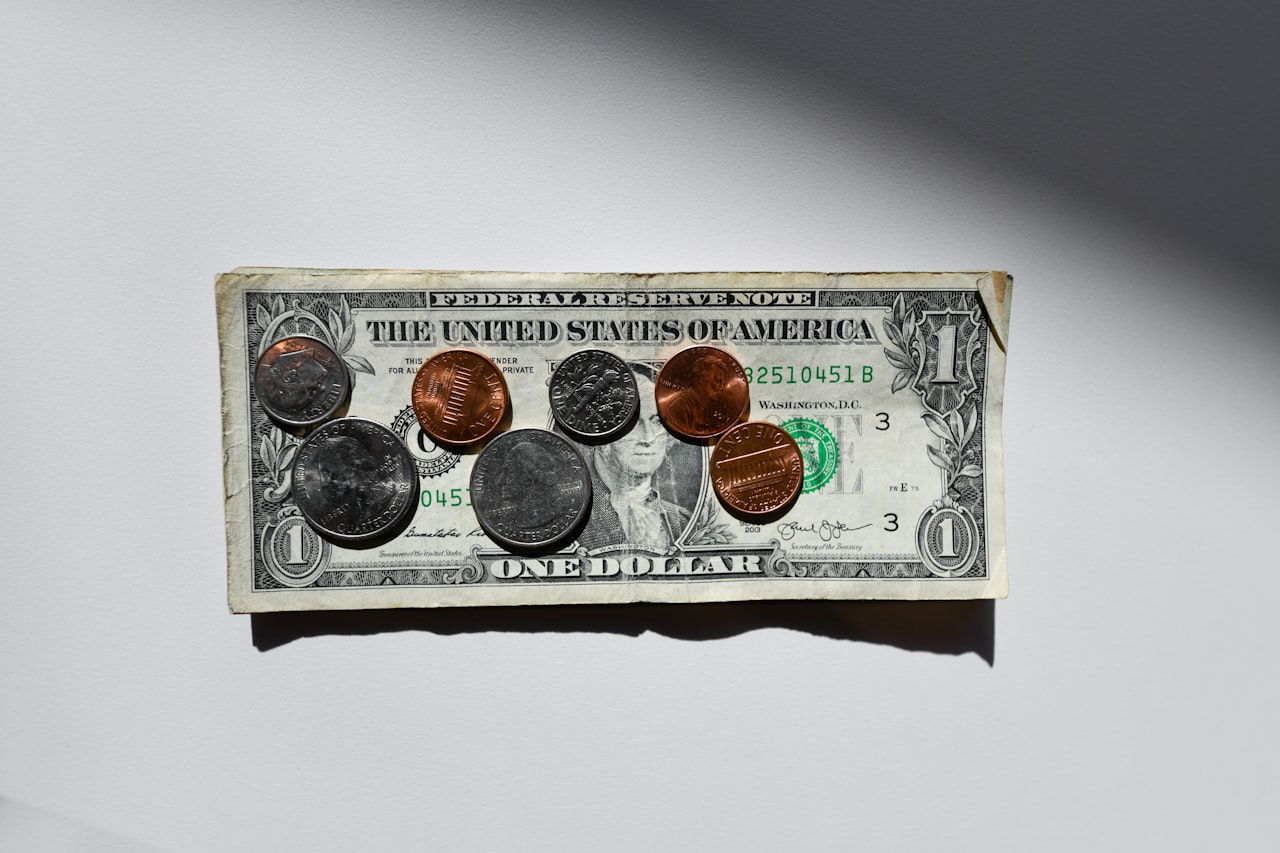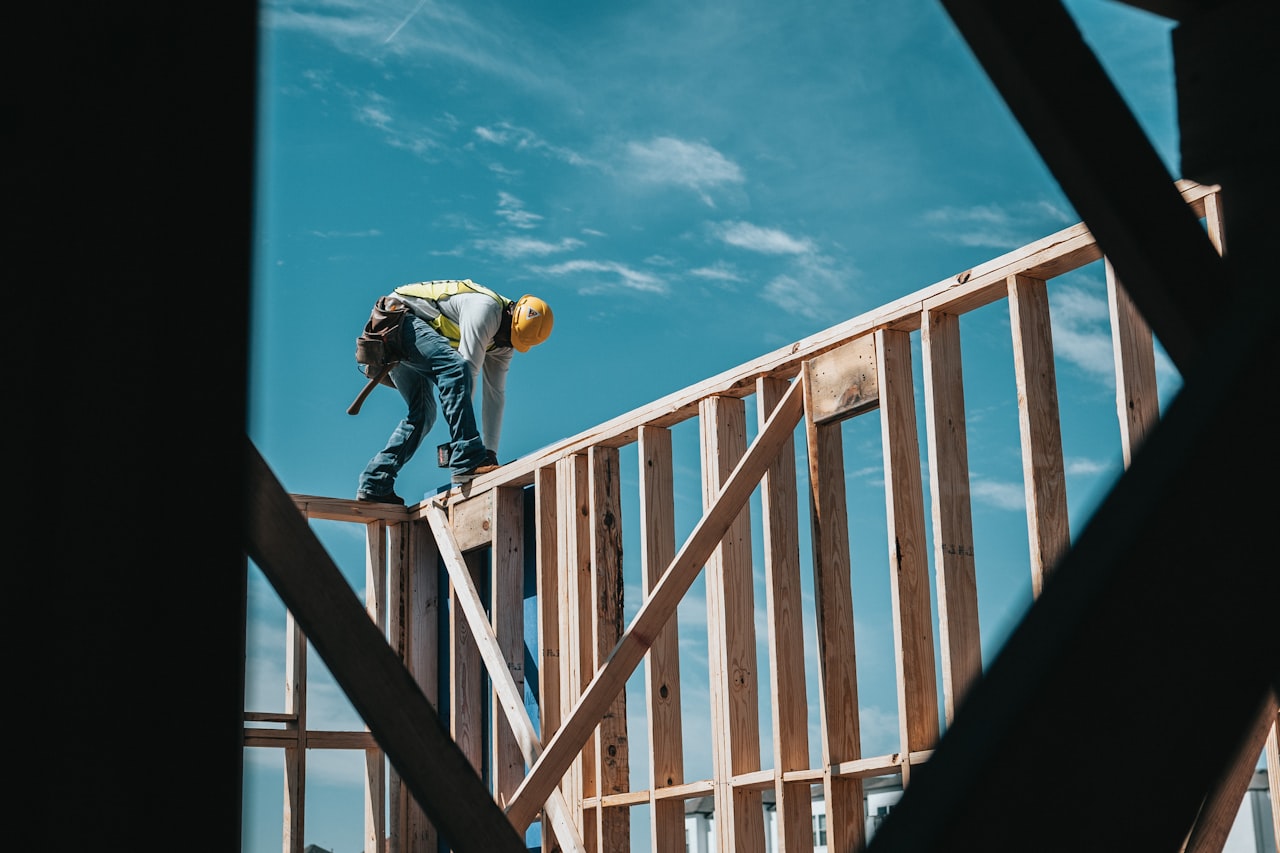Understanding the Relationship Between Mortgage Rates and Buyer Demand


If you're contemplating a move, you might be wondering whether it's best to wait for mortgage rates to come down before taking action. Understanding the relationship between mortgage rates and buyer demand in the housing market can provide valuable insights to help you make an informed decision. In this comprehensive blog, we'll explore how mortgage rates impact buyer demand and how changes in rates can influence the housing market dynamics.
The Link Between Mortgage Rates and Buyer Demand:
Traditionally, higher mortgage rates are associated with lower buyer demand in the housing market. When rates rise, some potential buyers become hesitant to take on a higher mortgage rate, causing them to delay their plans and wait for rates to decrease. This can result in limited or weak demand during periods of higher rates.
Conversely, when mortgage rates start to come down, buyer demand tends to increase. As rates decrease, buyers who were previously on the sidelines waiting for more favorable conditions are motivated to reenter the market and proceed with their plans. This shift from limited or weak demand to good or strong demand can have a significant impact on the housing market.
Factors Influencing Buyer Behavior:
Lower mortgage rates can improve affordability and increase buyers' purchasing power. With lower rates, buyers can potentially qualify for larger loan amounts or have lower monthly mortgage payments, making homeownership more accessible and attractive.
As buyer demand increases, the housing market becomes more competitive. Multiple buyers vying for the same properties can lead to bidding wars and potentially drive up home prices. This can create a sense of urgency for buyers to act quickly before prices rise further.
Buyer behavior is also influenced by individual timing and personal circumstances. Some buyers may have specific timelines or life events that necessitate a move regardless of current mortgage rates. Factors such as job relocation, changes in family size, or desired school district can outweigh the impact of rate fluctuations.
Understanding the relationship between mortgage rates and buyer demand is crucial when considering the timing of your move. While higher rates may result in lower demand and vice versa, individual circumstances and personal motivations also play a significant role. It's essential to evaluate your financial situation, housing needs, and long-term plans to determine the best time for your move. Consulting with a real estate professional can provide valuable guidance tailored to your specific circumstances and help you navigate the ever-changing dynamics of the housing market.
Stay up to date on the latest real estate trends.









You’ve got questions and we can’t wait to answer them.